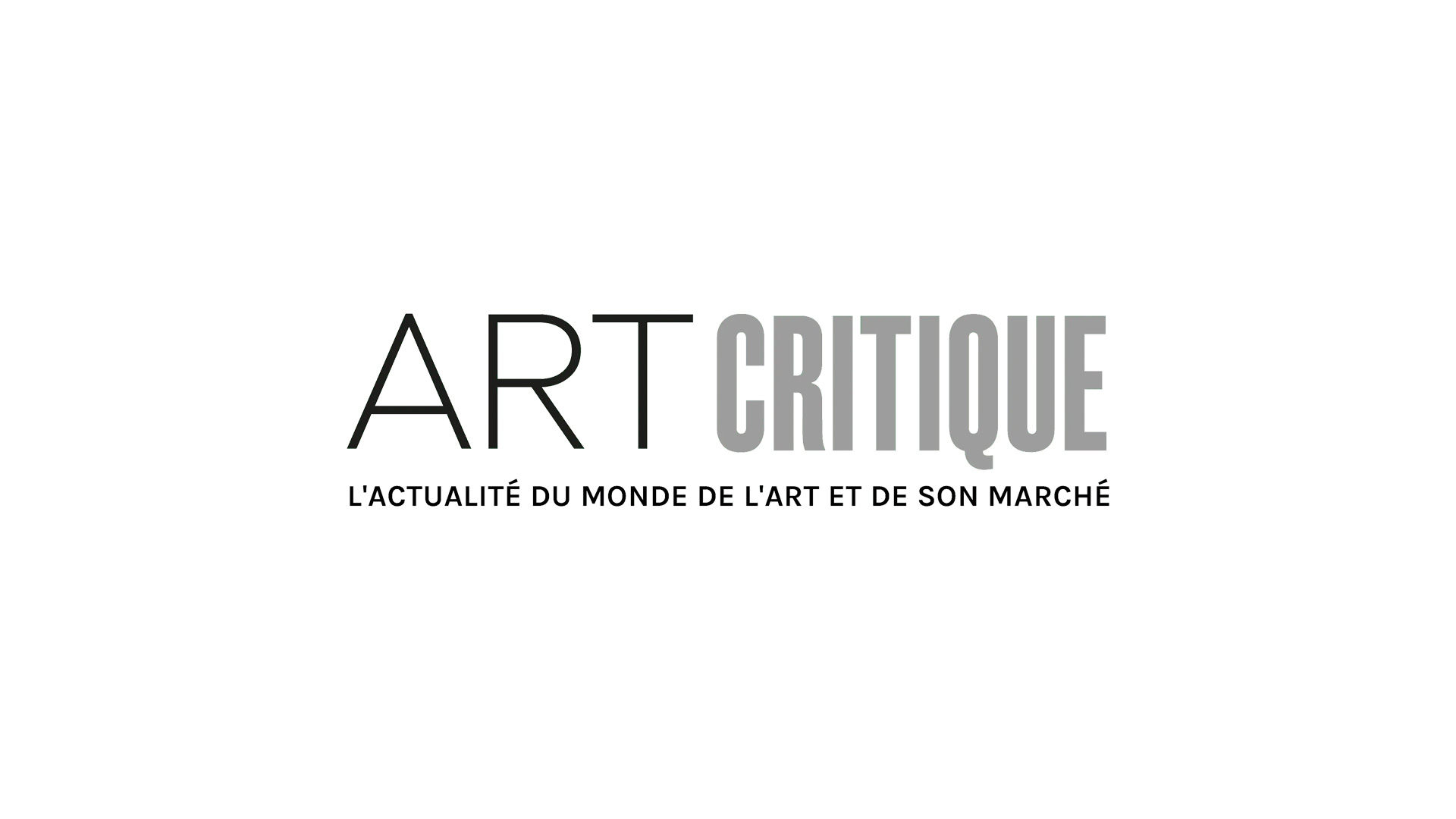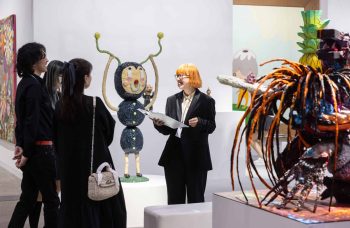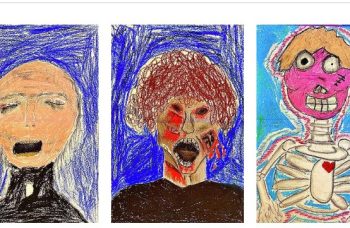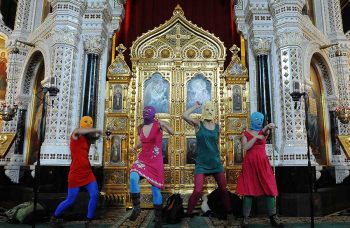As all sectors in life become more and more inundated with the digital realm, we will of course keep seeing one of the same questions popping up in the art world—is art made by artificial intelligence really art? The hot topic has sprung up once again after the Colorado State Fair’s art competition with an AI-created artwork and ended up receiving first place with it.
Jason Allen, a game designer, had the text-to-image software Midjourney create three pieces which he submitted to the Colorado State Fair’s art competition priced at $750 each. Withholding the fact that they were created by AI, the piece Théâtre D’opéra Spatial won first prize—a science-fantasy scene viewed from behind of three figures in red and white flowing garments that appear on a platform, one taking an operatic position and seemingly performing with a radiant, circular portal gleaming across the space, centring the image. \
Clearly, Allen had intent with this submission, claiming on his Discord server “I’ve set out to make a statement using Midjourney in a competitive manner.” And there is certainly nothing wrong with creating works using AI—or AI’s creating artwork, which seems more the case here as well as in concerted efforts such as Ai-Da. But there does seem to be a nihilistic and adversarial tinge to his motivations, taking a flippant tone in interviews and stating “Art is dead… It’s over. AI won. Humans lost.”
The judge for the Colorado State Fair has maintained that he still would have given the work first place on visual merit alone. There has been discussion of there being new categories implemented in competitions to separate AI-created art from human-created art, something even Allen suggested in the wake of this.
But the question of whether human art is over is a relatively absurd one. An inherent limitation of all AI—as set out in the evergreen logic of Douglas Hofstadter in the seminal Godel, Escher, Bach—is that it cannot think beyond the parameters by which its human creators have set down for it. Even a learning AI will always be limited in its inability to step outside of its processes to think truly outside the box. In this way, creative AI will only ever be able to make within their defined contexts, and it is not feasible that any will be powerful enough to create across the entire spectrum of what is capable of humans to produce accurate results to the degree that humans will be rendered obsolete.
But even if such an AI was the case—any artist that would throw down their brush is an artist of little heart. There will always be a hand, whether of flesh or code, that can create in a way near-identical to your own. That is no reason to do away with the process of letting ideas flow from the mind to the world to share in the act of creation; it will always be a vital and celebrated aspect of humanity, even long after this world loses any form of AI. Jason Allen and Midjourney’s victory in no way compromises the sanctity of art, nor the Colorado State Fair.





